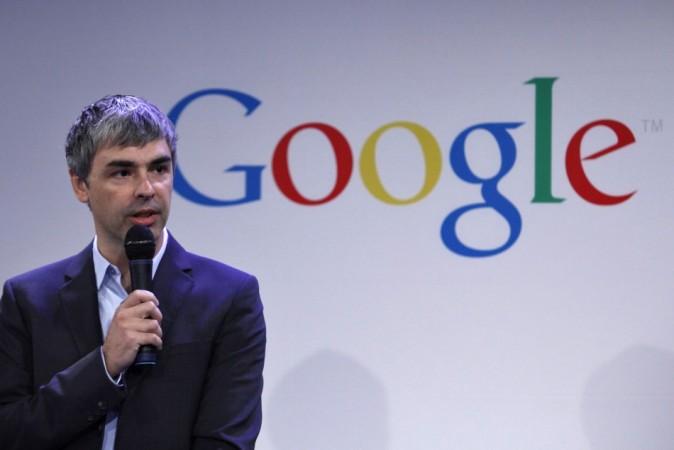
Google CEO Larry Page wants you to work less. He thinks that joblessness and the threat of a robot economy can be solved if we reduced the typical workweek from 40 hours.
Page discussed the economy of jobs alongside Google co-founder Sergey Brin and venture capitalist Vinod Khosla in one of Khosla Ventures' "fireside chat" sessions. The Google duo rarely give interviews together and the entire 41-minute video is a great catcher-upper on what the pair have been up to.
The discussion about the workweek starts around the 13:25 mark, prompted by Khosla's questions about the pairs' interest in machine learning, or artificial intelligence, and its potential to replace workers in all levels of the labor force.
"If you have global unemployment or widespread unemployment, you just reduce worktime," Page told Khosla. "Most people like working, but they'd also like to have more time with their family or to pursue their own interests. So that would be one way to deal with the problem, is if you had a coordinated way to just reduce the workweek. And then, if you add slightly less employment, you can adjust and people will still have jobs."
"So the idea that everyone needs to work frantically to meet people's needs is just not true. I think there's a problem and we don't recognize that. There's also a social problem that a lot of people are on top of you if you don't have a lot to do, so we need to give people things to do," Page said before discussing what he sees as a misallocation of human resources in the workforce.
Page hopes that streamlining the economy could give people time to pursue their own interests. Of course, the plan would only work if companies paid the same or higher wages for less time or if people warmed up to the idea of making less. Considering the current state of the minimum wage dispute in the U.S. at least, that won't happen anytime soon.
Google has been buying up robotics and machine learning companies in hopes of pushing the "machine learning revolution," so Page and Brin have plenty of experience in the field. Even though their company is dead set on creating the future as soon as possible, Brin says he doesn't think the robot economy is an immediate threat to the worker, so don't mark your calendars for that extra weekday off just yet.
The trio also talk about Google's history, self-driving cars and the potential for medical technologies. Read some more of their discussion here.
















